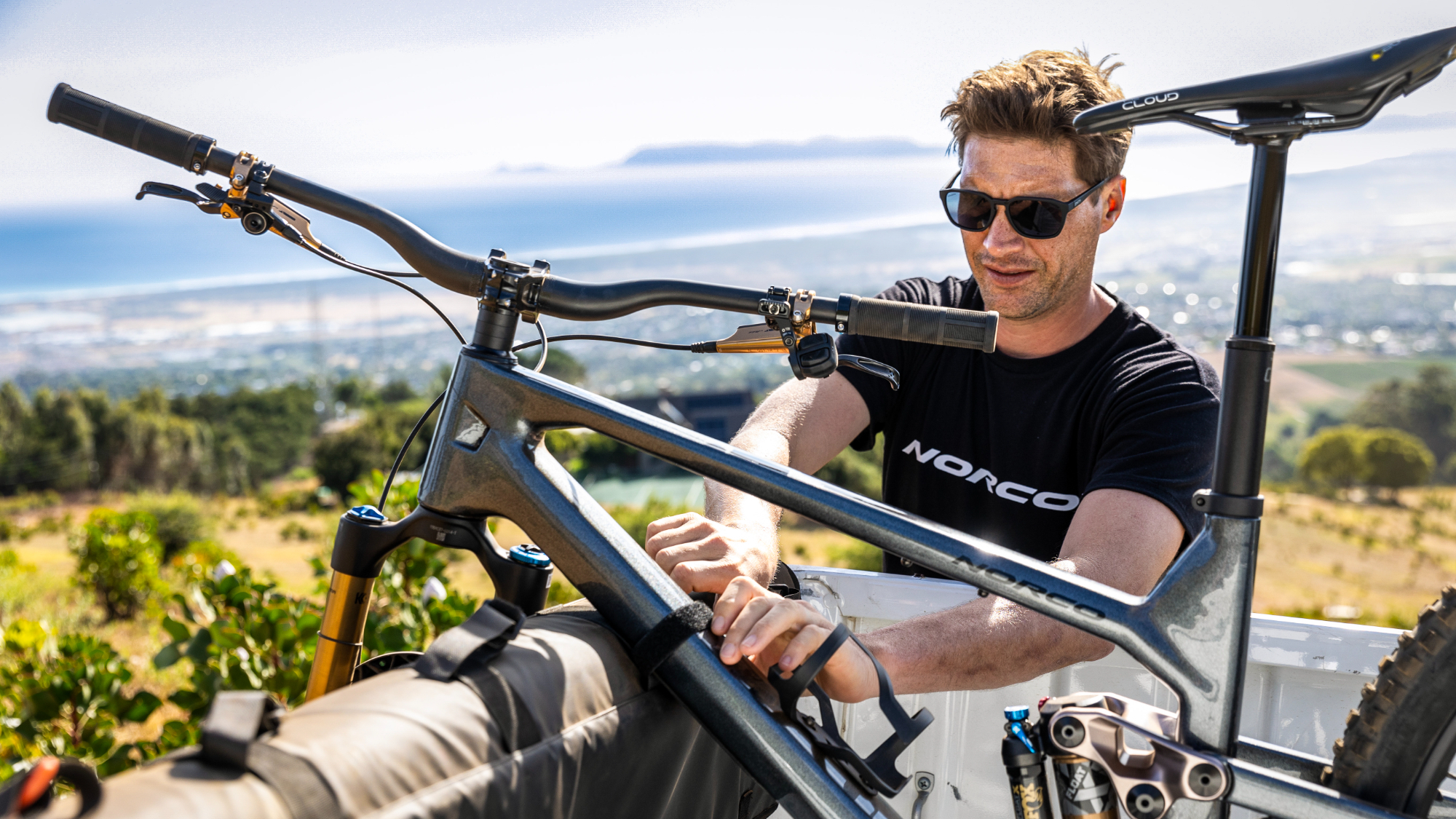
Downhill is in a tumultuous period, the last few years have seen more changes to the sport than there have been over the last couple of decades. New broadcasters, racing formats, evolving tracks, and demands on bikes and riders are higher than ever while purse strings are getting tighter. For better or worse, changes are inevitable, however until recently there has been one constant – Greg Minaar.
The 2024 downhill World Cup season also marks a big year of changes for Greg Minaar. After 16 years with the Santa Cruz Syndicate, Greg set off the downhill rumor mills with the announcement that he would be leaving the Syndicate. A month later Greg would sign with Norco Factory racing team in a three-year deal that will mark a new chapter in the GOAT’s career.
They say a change is as good as the rest, so what's in store for the downhill legend? I recently sat down with Greg and chatted about the changes to downhill racing and his plans as captain of the Norco Factory Team.
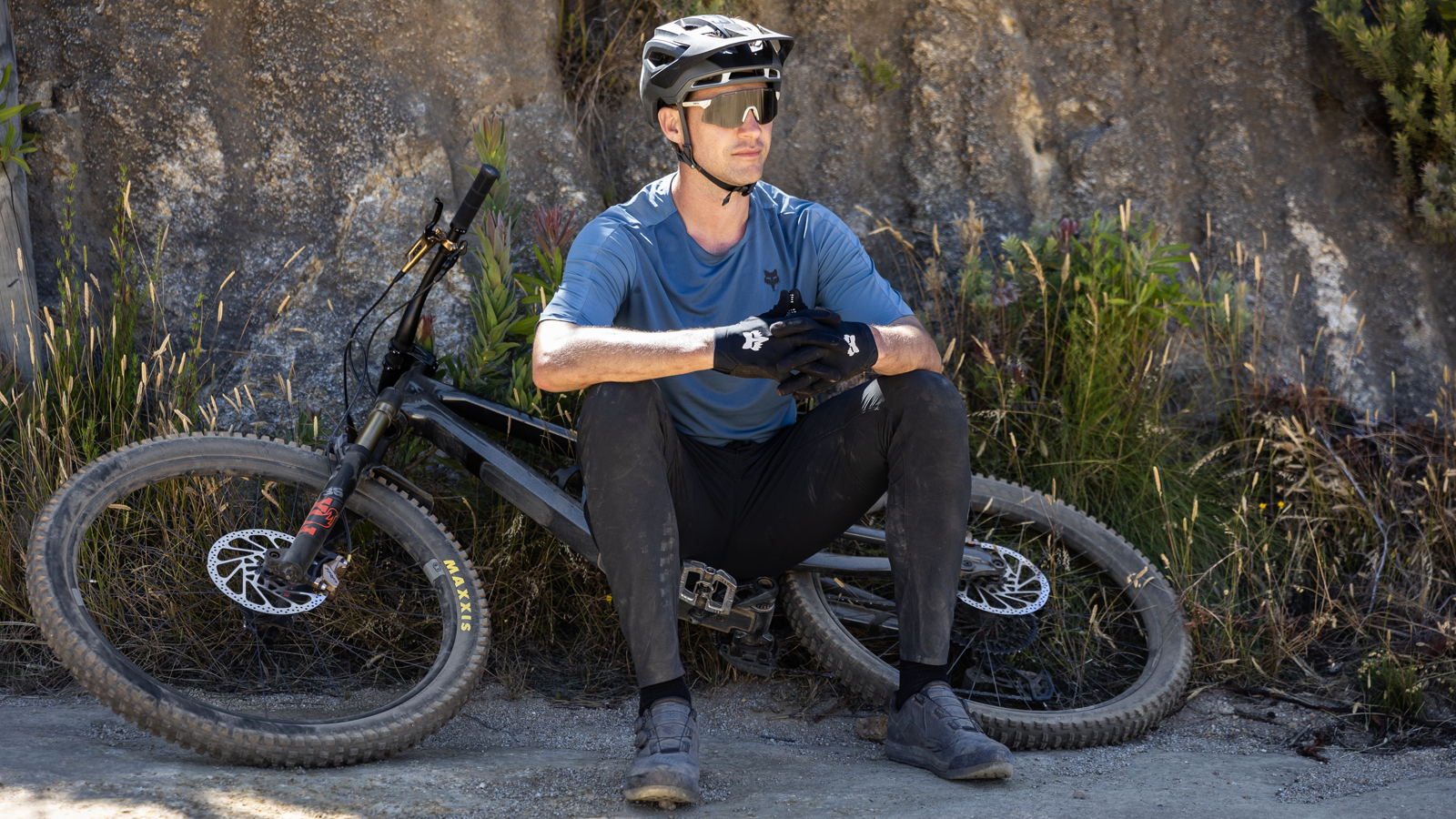
There's a lot of change happening downhill at the moment, how do you feel these changes in organization and formats are affecting racing?
Yeah, so the change in format. I thought Warner Brothers did a great job of compromising with the riders. Riders wanted to push to have 60 riders in the final and adding that semi-final was a way they could get 60 riders into a semi-final and whittle it down to 30. They want to show a full run of a rider, if a rider crashes they want to make sure they've got that, and if a rider wins the race, they want to know what section they won it in. So that's important for TV. I don't know TV. I'm not a TV expert. Warner Brothers seems to know a little bit more about TV than most downhill racers and downhill organizers, so I think they know what they're doing there. So to me, it was a no-brainer to say if they think they need 30 riders to follow this whole race then that's where we should go.
I think they didn't have a lot of time to have their first season putting on a World Cup. If you go back a little bit in World Cup racing, the UCI was never an event organizer. They were only there to host the events, to make sure they ran within the rules, doping control, and everything else. So then they were sanctioning the event, they weren't event organizers. So if you go back to the Grundig days when the World Cup was really big. Grundig was the organizer; they had an event company put on all the events. Grundig was the main sponsor, and then we lost Grundig. It went to Diesel and then came down to Nissan. Then when Nissan left there were no event organizers. So UCI took on mountain biking and put together a team within the UCI to put on events and host events. So we wouldn't have had World Cup racing if it wasn't for UCI.
They managed to put together Red Bull and everything else and so for them, this was a chance to actually give the sport back to the event organizer and let them promote and push and do what they feel is right as event organizers to grow the sport. So that's some of the stuff that not many people know about or have spoken about. But that's how we've ended up where we are now.
How do you think the introduction of the semi-finalists changed racing?
It's made it tough. You definitely had fewer top riders at the after-party than before. Because you're so mentally and physically drained from that week. I think they've made some nice adjustments, moving the semi-final to Saturday or Friday and then having the final stand-alone. I think that's a good change. For the most part, I think they haven't done a bad job. It's interesting to see how this is gonna pan out after at least one year under the belt and experiencing what they've experienced.
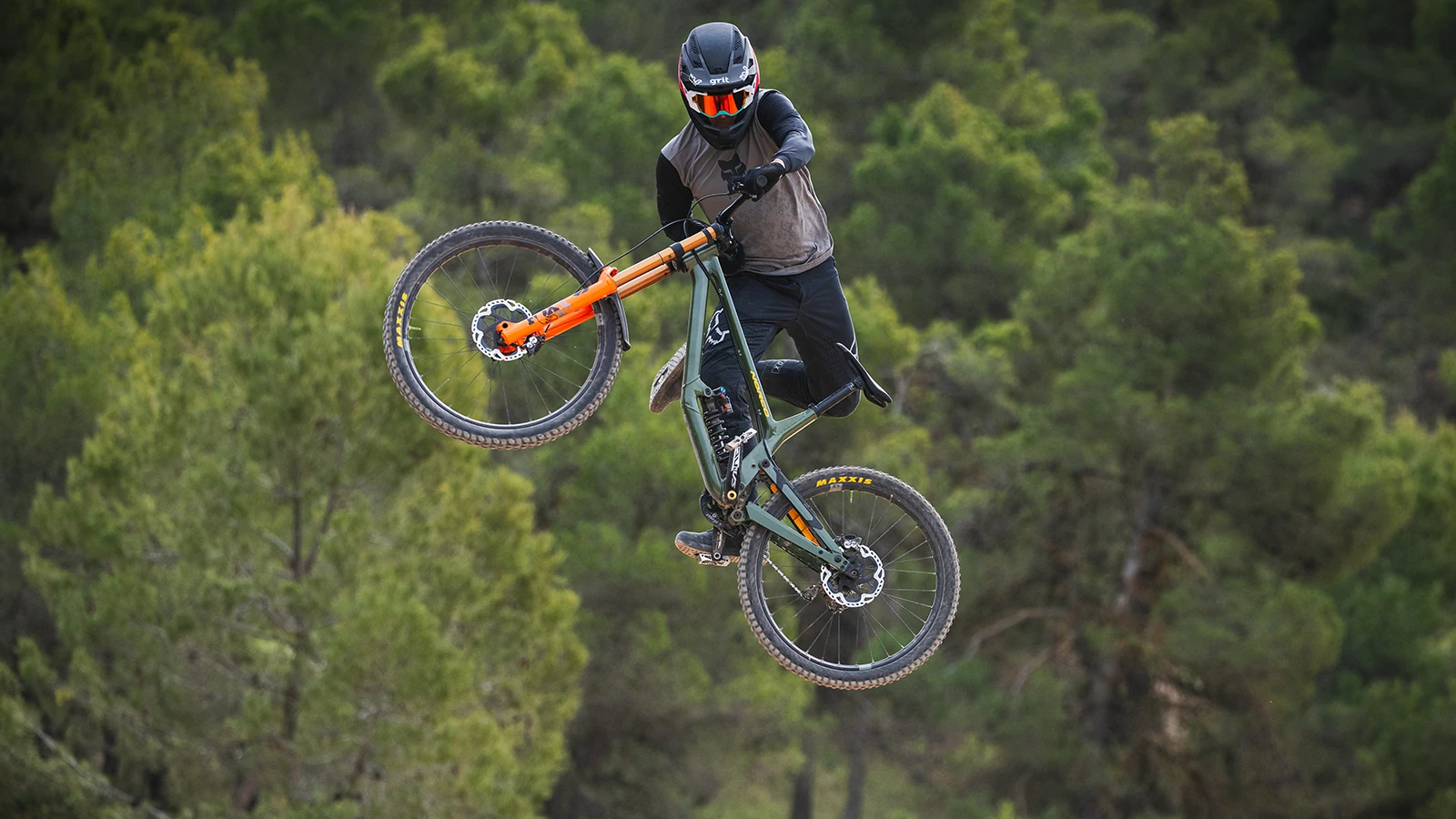
Speaking of changes, you've had some big ones. How are you settling into Norco?
The team changes have been so cool. Having built up so much experience over the years it's so nice to be able to share it and to put it into use to be able to help the team, build a bike that benefits the riders in many ways, and help set up the process of how we get to the races. How we test, how we plan, just the whole lot so it's been amazing.
Obviously, I came in and there was this bike I hadn't ridden. I went and rode it and what impressed me the most about it was everything was isolated on this bike. For years you go through a bike and you can feel the bottom bracket is high. You need to adjust that but when you adjust the bottom bracket on a bike it rakes the fork out and adjusts the shock rate. So now you haven't just changed one thing, you've changed three things. Now you need to figure out which one of these three things you can deal with best or least and what's going to help you. On this Norco, if I want to change the shock rate I can just change the shock rate. I can go from a very progressive bike to a really linear bike by changing two pieces of it and everything else remains the same. I can change the head angle and only the head and that was impressive. This bike is built to race.
So this is the culture of racing that's lacked in my career without a doubt. Oh god, this is amazing to me. This has given me another life. All I've ever wanted was people who understand racing, who want to race, and who want to build a race team that are pushing the boundaries on how we monitor the riders on track. How we can support the riders by giving feedback on time or lines, how we can support the mechanics and getting data off the bikes. We've got an in-house suspension division so they write the code for the data that's on the bike. So you know, we can feed that data back through to the guys so they can look at it. I mean it is super impressive. So that's exciting to me.
Is there anything you've experimented with that has surprised you or is it just fine-tuning what you already wanted from the bike?
Nothing really stood out like that much. Obviously going into a high pivot, I was a bit nervous. But then the engineer told me straightaway, he goes "Most people think all high pivots are the same and they're not. You can make a really shitty high pivot. How you place the high pivot, where that idler is, is super important in how the bike works”. I've also got a lot of adjustment in the idler, so we can adjust the idler and we've got four settings on that. So everything has been filled out, everything's got different adjustments, so we've gone through most of it. The only thing I haven't tried is the 29 rear. I've only ridden the mullet and the mullet’s been really good. So next week I'm off to Portugal and going to test the 29, that's one of the main things to test.
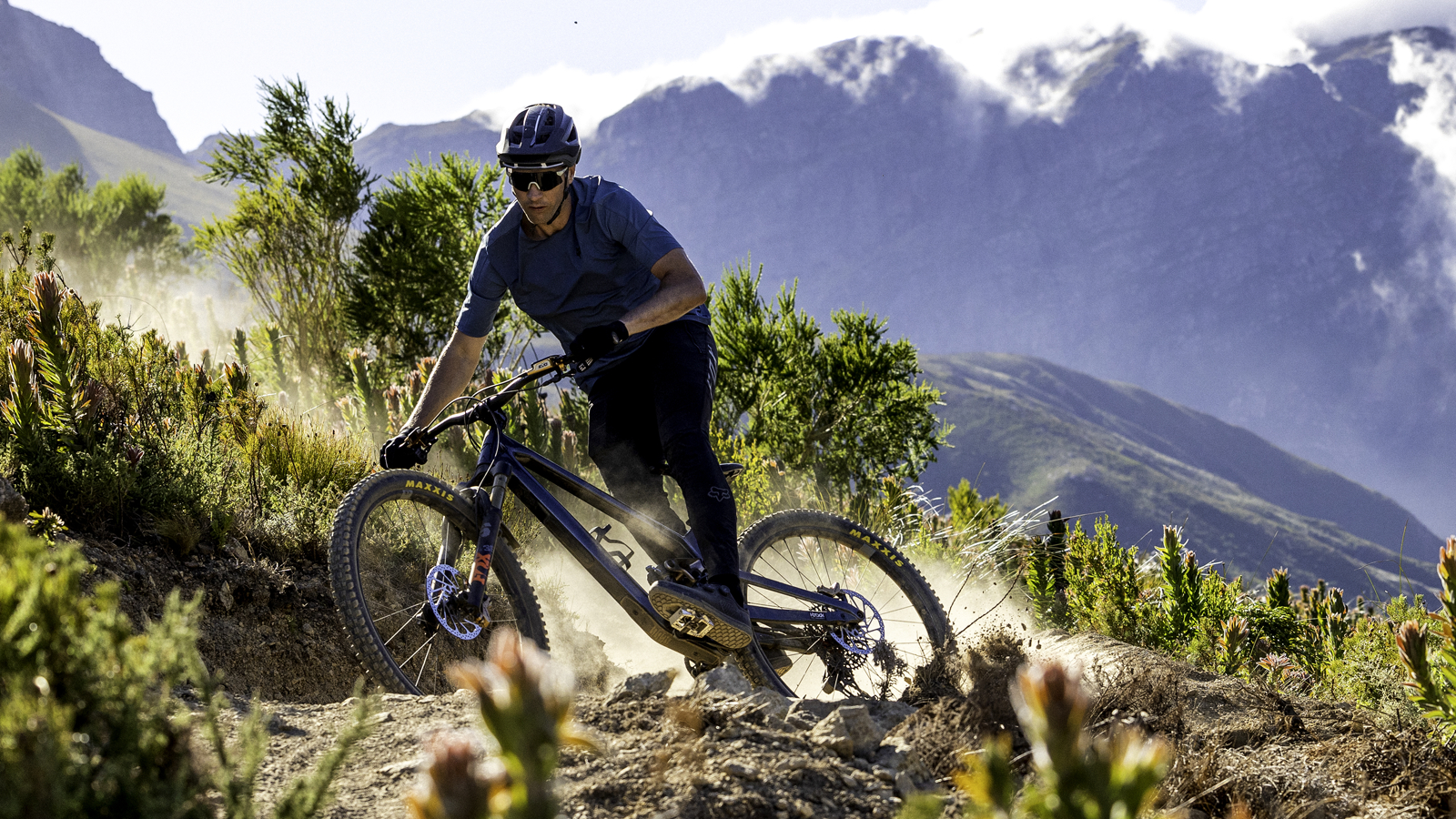
Do you think there will be a big difference between the mullet and the 29er?
I don't know. I don't know. One thing is for sure these guys don’t mess about, it's like time, data, rider feedback, and decision. It's not like, oh, we think it's good here maybe. It's clean-cut, is it better or not?
Everything's got numbers.
Yes, everything has numbers. And it's a very simple process and then that's how we ended up with Fox. You know, we had to decide what suspension to go on and of course, I've been with Fox for many years and Norco had been with RockShox for many years. So the bike when I first rode it I never had it set up. They had set up the bike, the spring rate, the shock settings and it was like here is a bike we think is very close to what you're used to and then we'll work from there, which never happens. But they've got a fork down, they've got the shock down, and they've got a team around data building this bike so they're super ready.
Once I had gotten far enough in the testing, I went back to the Fox fork and had a different time and I felt like handing was just a little quicker. I could get the bike to maneuver and bounce out to a wider line, set up a lot easier, and just as stable. So Adrian the head of engineering says this is quite clear. We have enough time to adjust any suspension. We can manipulate anything through different cartridges and different chip stacks. The one thing we can't do is rebuild a chassis. So we went with Fox and I was like cool there we go. Simple.
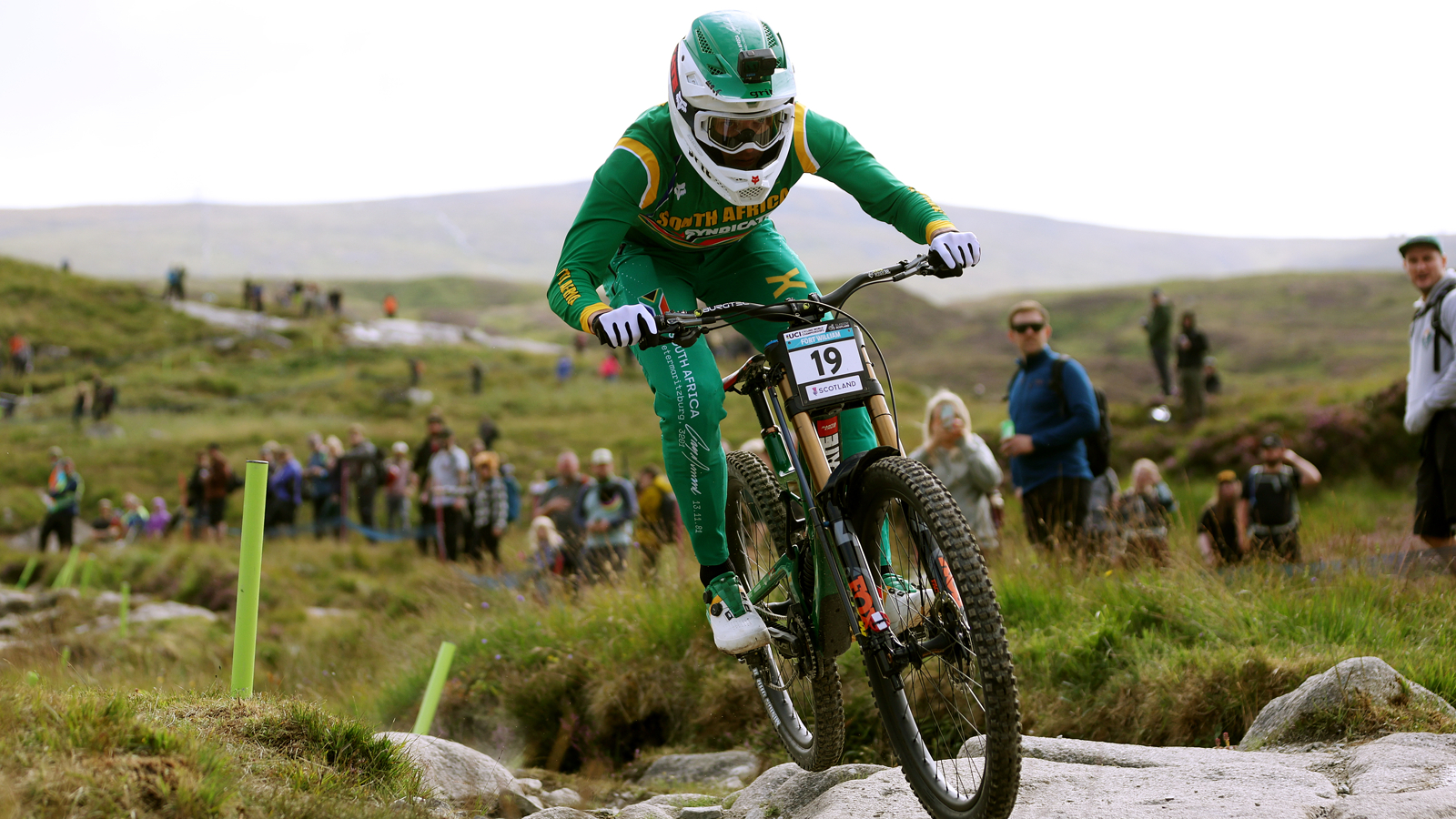
What's the plan for next season? Win a World Cup right?
Yeah, I feel ready. I had a good off-season of training. I've been really busy but that's okay, it probably kept me out of the pub as much as I normally am. So that's cool. Jokes aside, I feel really good. I'm excited to go race.
Last season you looked solid on the bike, it was just bad luck after bad luck after bad luck. Are you racing the full season?
I'm racing full thing. There was lots of pressure around retiring and I got to Fort William, a track I know I can ride well on and I was ready for. We got to the top of the hill and we didn't have the mudguard for the bike. We didn't have the rain visor, which I put out ready to go and I'm thinking this is World Champs here.
So I had Peaty running around trying to get stuff because somehow he was up the top and thankfully he managed to pull stuff together. I look and I've got three minutes to go and I don't have a bike so I went and stood in the start gate with my goggles on just looking down the track, just trying to stay calm and focused.
About 20 to 30 seconds before my run starts I get passed my bike. And I'm like, okay let's just try and go. It’s no way to start a downhill race when you get your bike 30 seconds before the start. I'm pretty sure that didn't happen to Charlie Hatton when he was setting off. But anyway, that pissed me off. Obviously, I had more drama further down the track but that's beside the point.
It's World Champs, you've got to be prepared. I've given it everything to be prepared. But there's another half that wasn't and unfortunately, that was out of my control.
This season, no dramas.
Preparation is key here. Piss-poor preparation equals piss-poor performance or something along those lines. I mean, it's exactly what 2023 was.
What are you planning for the next season? So 2025?
Well, I've got the option to ride if I want to. To be honest, I don't think I'll be racing in '25. Not World Cups. I'd love to do events like Mega Avalanche and all these other things and Rampage – I’m just kidding about Rampage, but there's so much mountain biking to be done so I don't know if I'll be racing. I highly doubt I will be racing World Cups but I will continue directing this team and continue to make sure that we have one of the best teams in the world. I really feel once we can show how far we've pushed on the technical side and what we can give riders, I think it will make it quite an attractive place for riders to want to be and the current riders will be able to step up to the next level. So I really feel like '25 and '26 are gonna be exciting years of racing, but it's gonna be racing teams and not myself racing the World Cup.
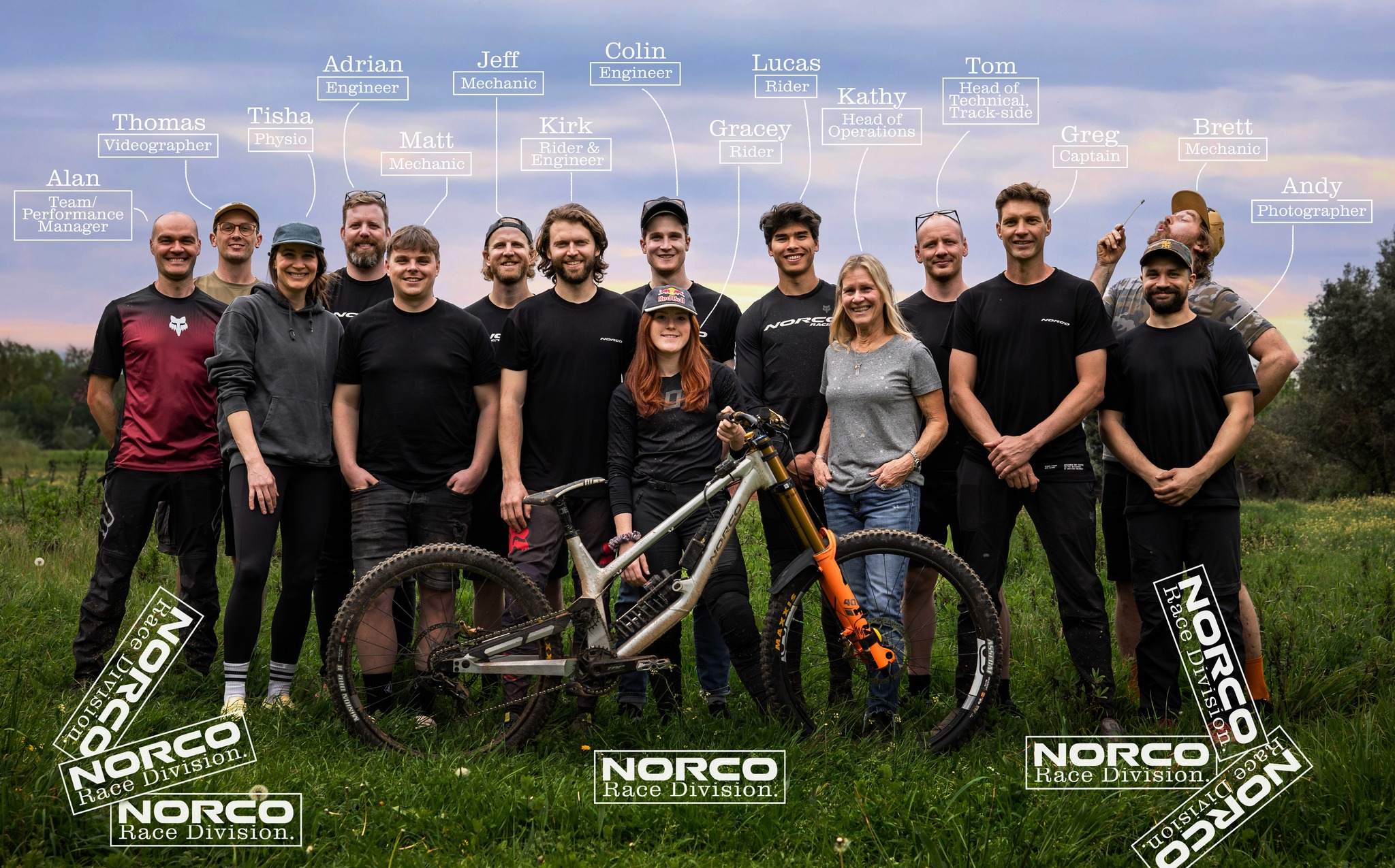
Who's on the Norco team?
Kirk McDowall, who's one of the engineers who's been given an opportunity to race World Cups. He had a good race in Mont Saint Anne last year and so Norco decided, well, let's give him a shot at racing. So he's on the team. Then we've got Lucas Cruz, who was on the team last year, and Gracie. She is probably going to do really good things, I've no doubt she's going to be on that podium quite a few times this year.
How many World Cups would you have to win this year to persuade you not to retire next year?
Oh, that's probably a question my wife wouldn't want to hear. I think she wanted to live a normal life, not a racer life. If I won three or four world cups this year, then I'd have to race again.



.jpg?w=600)



